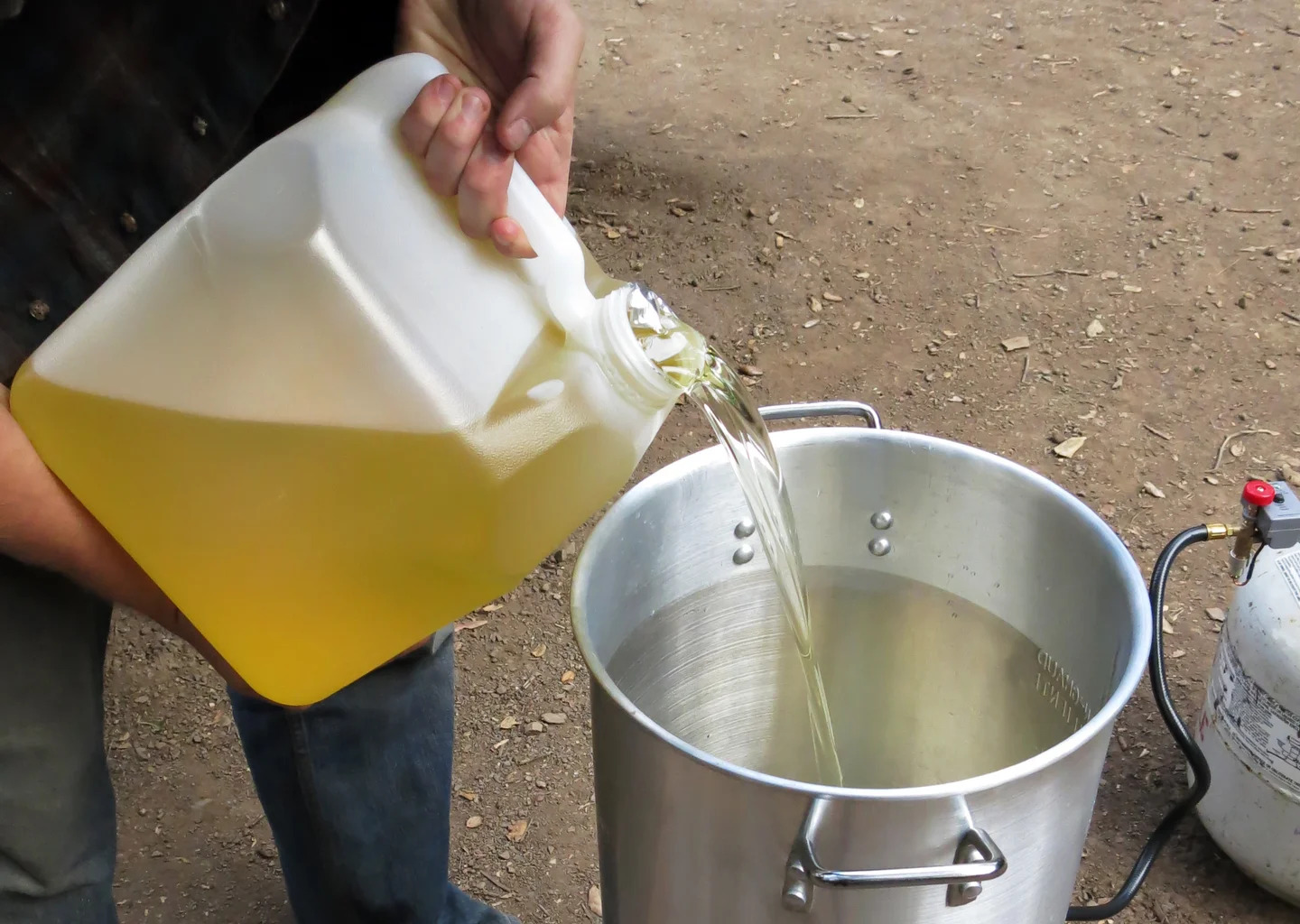

Articles
How Much Peanut Oil For Turkey Fryer
Modified: January 6, 2024
Find out how much peanut oil you need for your turkey fryer with our informative articles. Discover the perfect amount and enjoy a delicious fried turkey.
(Many of the links in this article redirect to a specific reviewed product. Your purchase of these products through affiliate links helps to generate commission for Storables.com, at no extra cost. Learn more)
Introduction
When it comes to frying a turkey, using the right type of oil is crucial for achieving a delicious and crispy result. While there are various options available, one of the most popular choices is peanut oil. Its high smoke point and unique flavor make it an ideal choice for turkey fryers.
In this article, we will explore the benefits of using peanut oil for turkey fryers and discuss the factors to consider when determining how much oil to use. We will also provide recommended guidelines based on turkey size, as well as suggestions for adjusting the amount based on personal preferences and equipment specifications. Additionally, we will highlight the safety precautions that should be followed when using peanut oil for turkey frying.
So, if you’re ready to take your turkey frying to the next level, let’s dive in and discover the wonders of peanut oil!
Key Takeaways:
- Elevate your turkey frying experience with peanut oil’s high smoke point, natural flavor enhancement, and healthier profile. Follow guidelines, make adjustments, and prioritize safety for a delicious and safe cooking adventure.
- Achieve a perfectly fried turkey by considering factors like turkey size, fryer capacity, and personal preferences. Experiment, practice safety, and savor the joy of cooking with peanut oil for flavorful results.
Read more: How To Store Used Peanut Oil For Reuse
Benefits of Using Peanut Oil for Turkey Fryer
Using peanut oil for your turkey fryer offers a range of benefits that contribute to the overall taste, texture, and healthiness of your fried turkey. Let’s take a closer look at some of these advantages:
- High Smoke Point: One of the primary reasons why peanut oil is considered ideal for frying turkey is its high smoke point. With a smoke point of around 450°F (232°C), peanut oil can withstand the high temperatures required for frying without breaking down and producing off-flavors.
- Natural Flavor Enhancer: Peanut oil has a distinct and rich flavor that adds a delicious nutty taste to your turkey. This natural flavor enhancer can elevate the overall taste profile of your fried turkey and make it even more enjoyable.
- Excellent Heat Conductivity: Another advantage of peanut oil is its exceptional heat conductivity. It efficiently transfers heat to the turkey, allowing it to cook evenly and quickly. This helps in achieving a crispy and golden-brown exterior while keeping the meat juicy and succulent.
- Healthier Option: Despite being a type of oil, peanut oil is considered to be a relatively healthy choice. It is low in saturated fats and cholesterol, making it a better alternative to oils like vegetable or canola oil. Additionally, peanut oil contains monounsaturated fats, which are beneficial for heart health.
- Long Shelf Life: Peanut oil has a long shelf life due to its high antioxidant content and stability. When stored properly, it can last for several months without going rancid. This makes it a convenient option for future turkey frying sessions or for other cooking needs.
These benefits make using peanut oil for your turkey fryer a top choice for achieving an incredibly flavorful and well-cooked turkey. However, it’s important to note that individuals with peanut allergies should avoid using peanut oil and opt for alternative oils instead.
Factors to Consider When Determining How Much Peanut Oil to Use
When it comes to determining the right amount of peanut oil to use in your turkey fryer, several factors should be taken into consideration. This ensures that your turkey cooks evenly, achieves a crispy exterior, and minimizes the risk of oil overflow. Here are some key factors to keep in mind:
- Turkey Size: The size of your turkey is a crucial factor in determining the amount of peanut oil required. As a general rule of thumb, you’ll need approximately 3-4 liters (or around 1 gallon) of oil for every 4-5 pounds of turkey. However, it’s essential to consult the manufacturer’s recommendations for your specific turkey fryer as they may provide guidelines based on turkey weight.
- Fryer Capacity: The capacity of your turkey fryer also plays a significant role in determining the oil quantity. Different fryers have varying capacities, so it’s important to check the maximum oil capacity specified by the manufacturer. It’s recommended to avoid exceeding this limit to prevent accidents and oil overflow.
- Injection or Marinade: If you plan to inject your turkey with a marinade or flavoring, keep in mind that the injected liquid will displace some of the oil in the fryer. Adjust the amount of oil accordingly to ensure the turkey is fully submerged and adequately fried.
- Extra Ingredients or Seasonings: If you plan on adding extra ingredients or seasonings to the fryer, such as herbs, spices, or vegetables, consider their volume and how they may impact the oil level. Adjust the oil quantity accordingly to maintain the proper oil-to-turkey ratio.
- Personal Preferences: Your personal preferences for the desired level of crispiness and browning can also influence the amount of oil needed. If you prefer a more golden-brown and crispy exterior, you may need a slightly higher oil quantity to achieve the desired result.
It is important to note that these are general guidelines, and it’s always recommended to refer to the instructions provided by your turkey fryer’s manufacturer for more precise oil amount recommendations.
By considering these factors and making the necessary adjustments, you can ensure that you use the right amount of peanut oil to fry your turkey to perfection.
Recommended Guidelines for Peanut Oil Amounts Based on Turkey Size
When it comes to frying a turkey, using the right amount of peanut oil is crucial for achieving the best results. Here are some recommended guidelines for determining the amount of oil based on the size of your turkey:
- 6-10 pounds: For a turkey in this size range, it is recommended to use approximately 2-3 liters (about half a gallon) of peanut oil. This amount ensures that the turkey is fully submerged and allows for even cooking.
- 10-14 pounds: If your turkey falls within this weight range, you should aim for around 4-5 liters (about 1 gallon) of peanut oil. This quantity will provide enough oil to cover the turkey entirely and help achieve a crispy exterior.
- 14-18 pounds: For turkeys in this weight range, it is advisable to use approximately 6-7 liters (about 1.5 gallons) of peanut oil. This amount ensures that the turkey cooks evenly and allows for a deliciously crispy skin.
- 18-22 pounds: For larger turkeys, around 8-9 liters (about 2 gallons) of peanut oil should be used. This quantity helps in properly and evenly frying the turkey while achieving a desirable texture and flavor.
- 22 pounds and above: If you are frying a turkey weighing 22 pounds or more, it is recommended to increase the amount of peanut oil to approximately 9-10 liters (around 2.5 gallons). This larger quantity ensures adequate oil coverage for the larger bird.
Keep in mind that these guidelines are meant to provide a starting point, and specific instructions may vary depending on your turkey fryer’s manufacturer. It’s always a good idea to consult the user manual to determine the exact peanut oil amounts recommended for your specific fryer model.
Remember to measure the oil before adding it to the fryer and ensure that the oil level does not exceed the maximum capacity indicated by the fryer’s manufacturer. This will help maintain safety and prevent any oil overflow or accidents during the frying process.
By following these recommended guidelines, you can ensure that your turkey cooks to perfection and impresses your family and friends with its delicious flavor and crispy texture.
When using a turkey fryer, it is recommended to use 3-5 gallons of peanut oil to fully submerge the turkey. Be sure to follow the manufacturer’s guidelines for your specific fryer.
Adjustments for Personal Preferences and Equipment Specifications
While there are recommended guidelines for determining the amount of peanut oil to use based on turkey size, it’s important to note that personal preferences and equipment specifications can also play a role in making adjustments. Here are some factors to consider:
- Cooking Time: If you prefer a longer cooking time to ensure a more tender and juicy turkey, you may want to use a slightly smaller amount of oil. This reduces the risk of the turkey being overcooked while still providing enough oil for frying.
- Crispiness and Browning: If you prefer a more golden-brown and crispy exterior, you might consider increasing the amount of oil used slightly. This allows for better heat distribution and ensures a more evenly browned turkey.
- Equipment Specifications: Different turkey fryers have varying capacities and requirements. It’s crucial to consult the manufacturer’s instructions and guidelines specific to your fryer model. Some fryers may recommend specific oil amounts based on their unique design and heating capabilities.
- Experimentation: Don’t be afraid to experiment with different oil quantities to find the perfect balance for your taste preferences. You can try slightly increasing or decreasing the recommended amount of oil to see how it affects the final result. Take notes during each frying session to keep track of your adjustments and determine what works best for you.
Remember that while personal preferences are important, it’s crucial to consider safety and not exceed the maximum capacity indicated by your fryer’s manufacturer. Overfilling the fryer with oil can lead to dangerous oil spills and accidents.
By taking personal preferences and equipment specifications into account, you can fine-tune the amount of peanut oil used in your turkey fryer to achieve the desired level of tenderness, crispiness, and browning.
It’s important to monitor the frying process carefully and make any necessary adjustments as you gain experience with your particular fryer and preferred cooking style. With time and practice, you’ll develop a knack for determining the perfect amount of peanut oil needed to fry a delicious and perfectly cooked turkey.
Read more: How To Cook Turkey Burgers In Air Fryer
Safety Precautions when Using Peanut Oil for Turkey Fryer
When frying a turkey using peanut oil, it is essential to prioritize safety to prevent accidents and ensure a smooth cooking process. Here are some important safety precautions to follow:
- Outdoor Use Only: It is crucial to use your turkey fryer outdoors on a flat, stable surface away from any flammable materials, structures, or overhanging branches. Do not use the fryer indoors or in an enclosed space, as the hot oil and open flame can create fire hazards and pose health risks.
- Thaw the Turkey Completely: Before frying, ensure that the turkey is completely thawed and free of any ice or water. Excess moisture can cause the oil to splatter, leading to potential burns or fires. Remember to pat the turkey dry with paper towels before placing it in the fryer.
- Gradually Lower and Raise the Turkey: When placing the turkey in the hot oil or removing it from the fryer, be careful to lower it slowly and at an angle to avoid oil splashes and spills. Using protective gloves and long cooking utensils can help maintain a safe distance from the hot oil.
- Monitor the Oil Temperature: Keep a close eye on the oil temperature throughout the frying process. Monitor it using a thermometer that can withstand high temperatures. Peanut oil typically has a smoke point of 450°F (232°C), so ensure that the temperature does not exceed this to minimize the risk of oil ignition.
- Maintain a Safe Oil Level: Avoid overfilling the fryer with oil, as it can overflow when the turkey is submerged, leading to oil spills and potential fires. Follow the manufacturer’s instructions and guidelines regarding the maximum oil capacity of your specific fryer model.
- Keep a Fire Extinguisher Ready: Have a fire extinguisher, specifically rated for grease fires, nearby and within reach at all times. In case of an oil fire, never use water to extinguish it as it can cause the flames to spread. Use the fire extinguisher following the manufacturer’s instructions.
- Don’t Leave the Fryer Unattended: It is crucial to never leave the turkey fryer unattended while it is in operation. A momentary distraction can lead to accidents, so always stay focused and keep an eye on the fryer and the surrounding area.
- Properly Dispose of the Oil: Once the frying process is complete and the oil has cooled, store it in a secure container and dispose of it responsibly. Avoid pouring hot oil down the drain or in the garbage, as it can cause blockages and pose environmental hazards. Check with your local recycling centers or waste management facilities for proper disposal options.
By following these safety precautions, you can minimize the risk of accidents and enjoy a safe and successful turkey frying experience using peanut oil.
Conclusion
Using peanut oil for your turkey fryer can elevate your cooking experience by delivering a delicious and perfectly fried turkey. With its high smoke point, natural flavor enhancement, and excellent heat conductivity, peanut oil helps achieve a crispy exterior and juicy interior. Moreover, it offers the advantage of being a healthier option compared to other oils.
When determining how much peanut oil to use, consider factors such as turkey size, fryer capacity, injection or marinade, extra ingredients, and personal preferences. Following recommended guidelines based on turkey size provides a starting point, but don’t hesitate to make adjustments to suit your desired level of crispiness, browning, and cooking time.
Always prioritize safety when using a turkey fryer. Ensure you fry outdoors in a safe area, fully thaw the turkey before frying, and lower and raise the turkey carefully to avoid oil splatters. Keep a close eye on the oil temperature, maintain a safe oil level, and have a fire extinguisher nearby in case of emergencies.
In conclusion, using peanut oil for your turkey fryer offers numerous benefits, including enhanced flavor, even cooking, and a healthier choice compared to other oils. By following recommended guidelines, making necessary adjustments, and practicing safety precautions, you can enjoy a deliciously fried turkey that will impress your family and friends during special occasions or holiday gatherings.
So, get ready to embark on a flavorful culinary journey by incorporating peanut oil into your turkey frying adventures. Be creative, explore different flavors, and savor the joy of cooking a mouthwatering fried turkey!
Frequently Asked Questions about How Much Peanut Oil For Turkey Fryer
Was this page helpful?
At Storables.com, we guarantee accurate and reliable information. Our content, validated by Expert Board Contributors, is crafted following stringent Editorial Policies. We're committed to providing you with well-researched, expert-backed insights for all your informational needs.
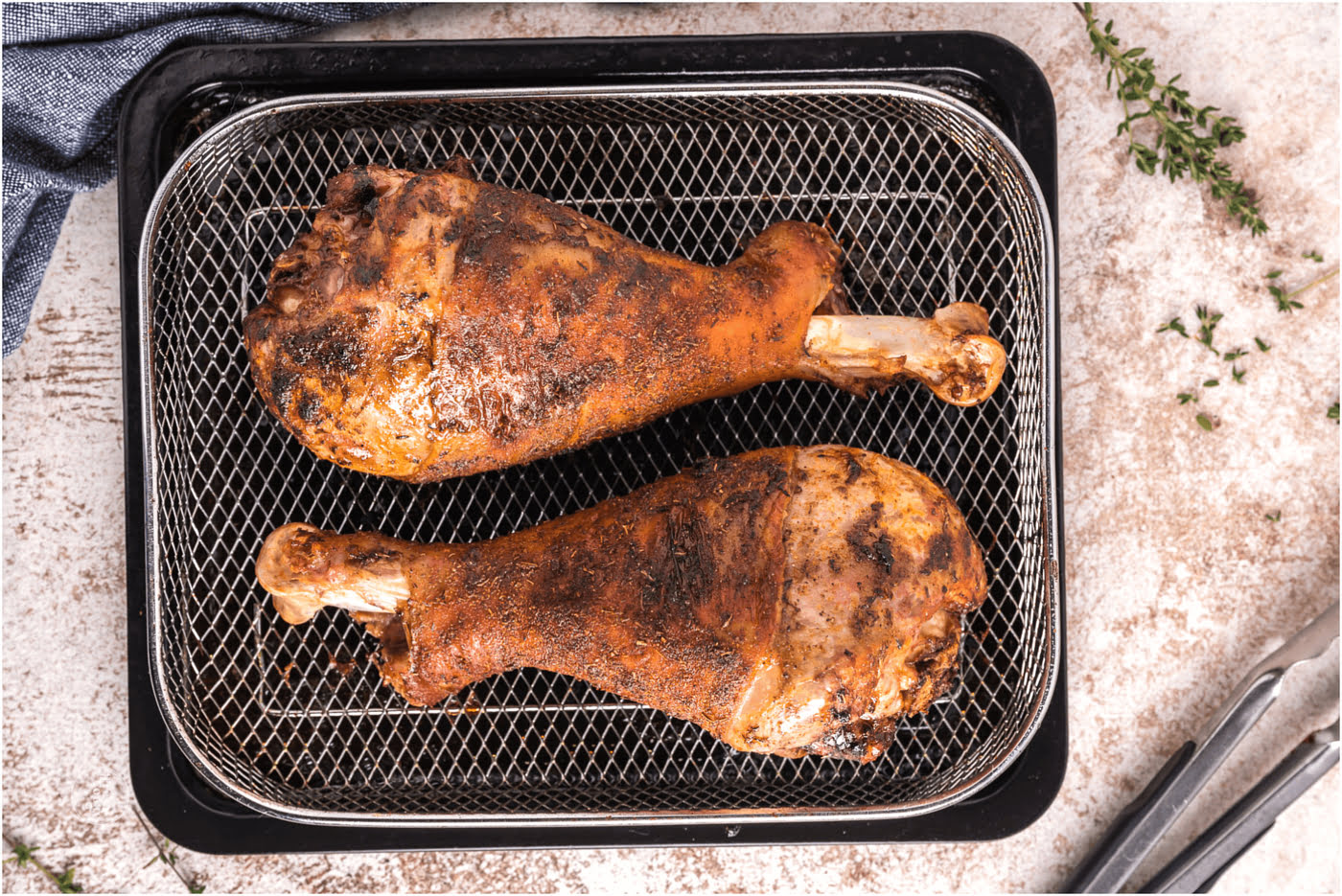
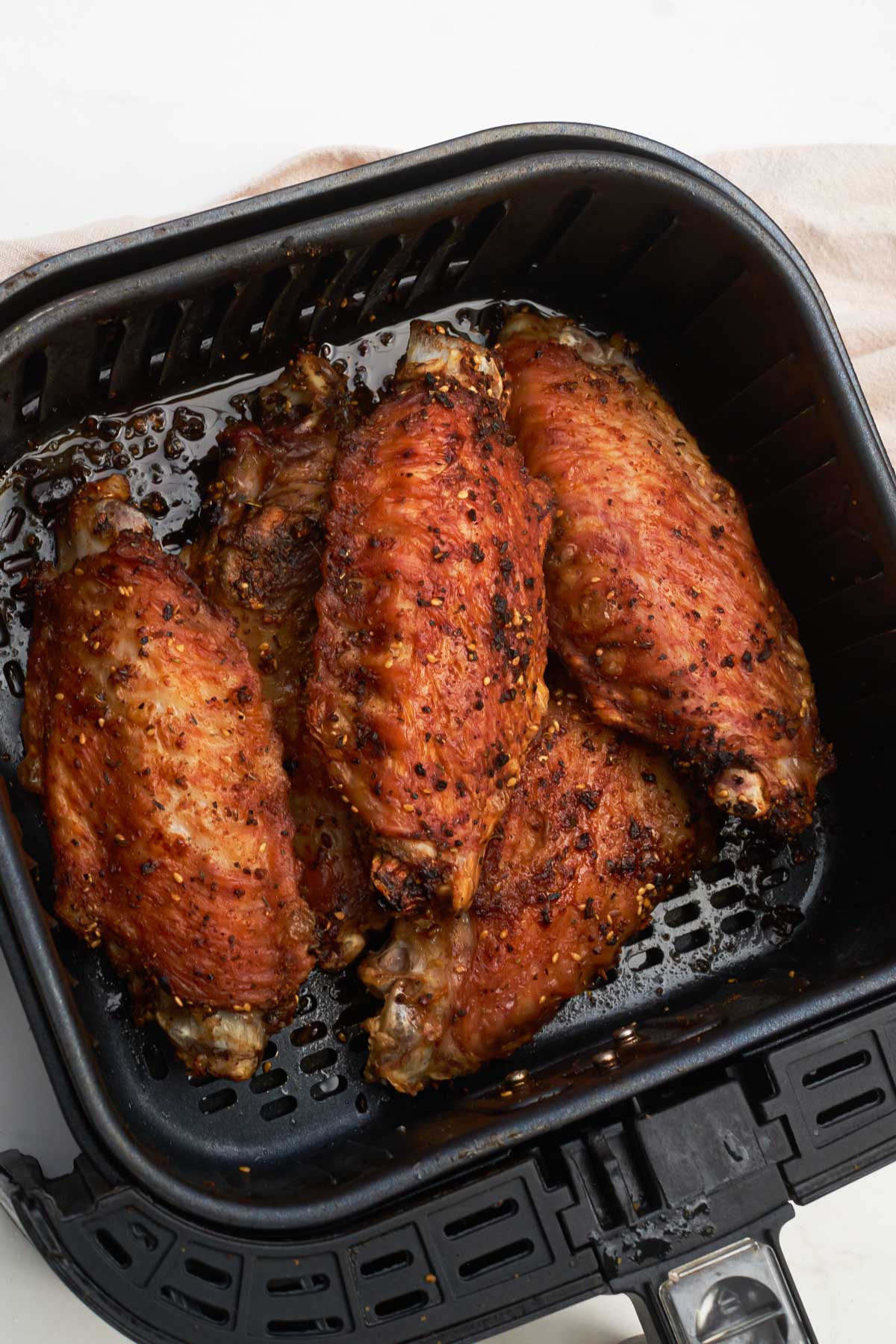
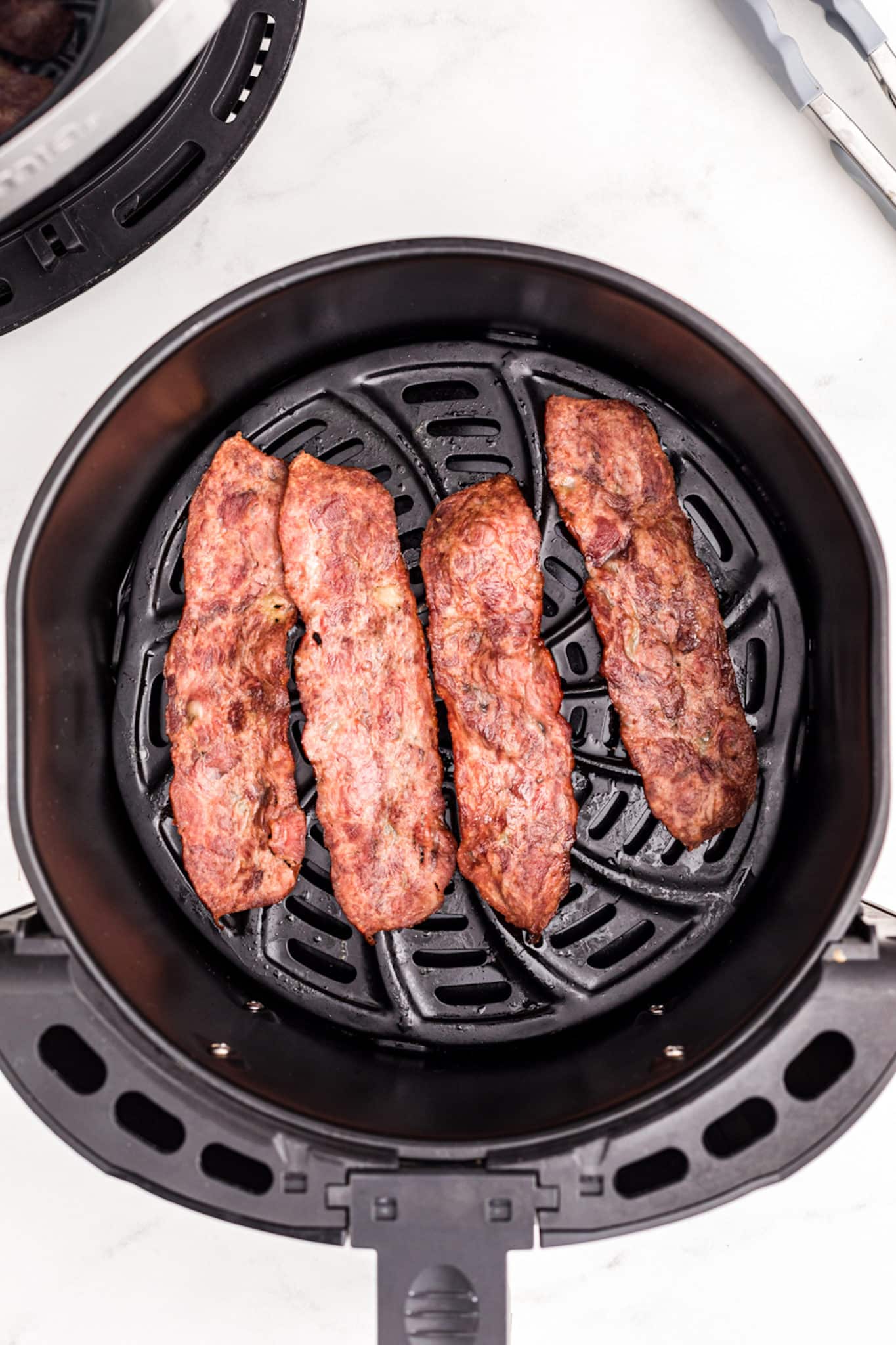

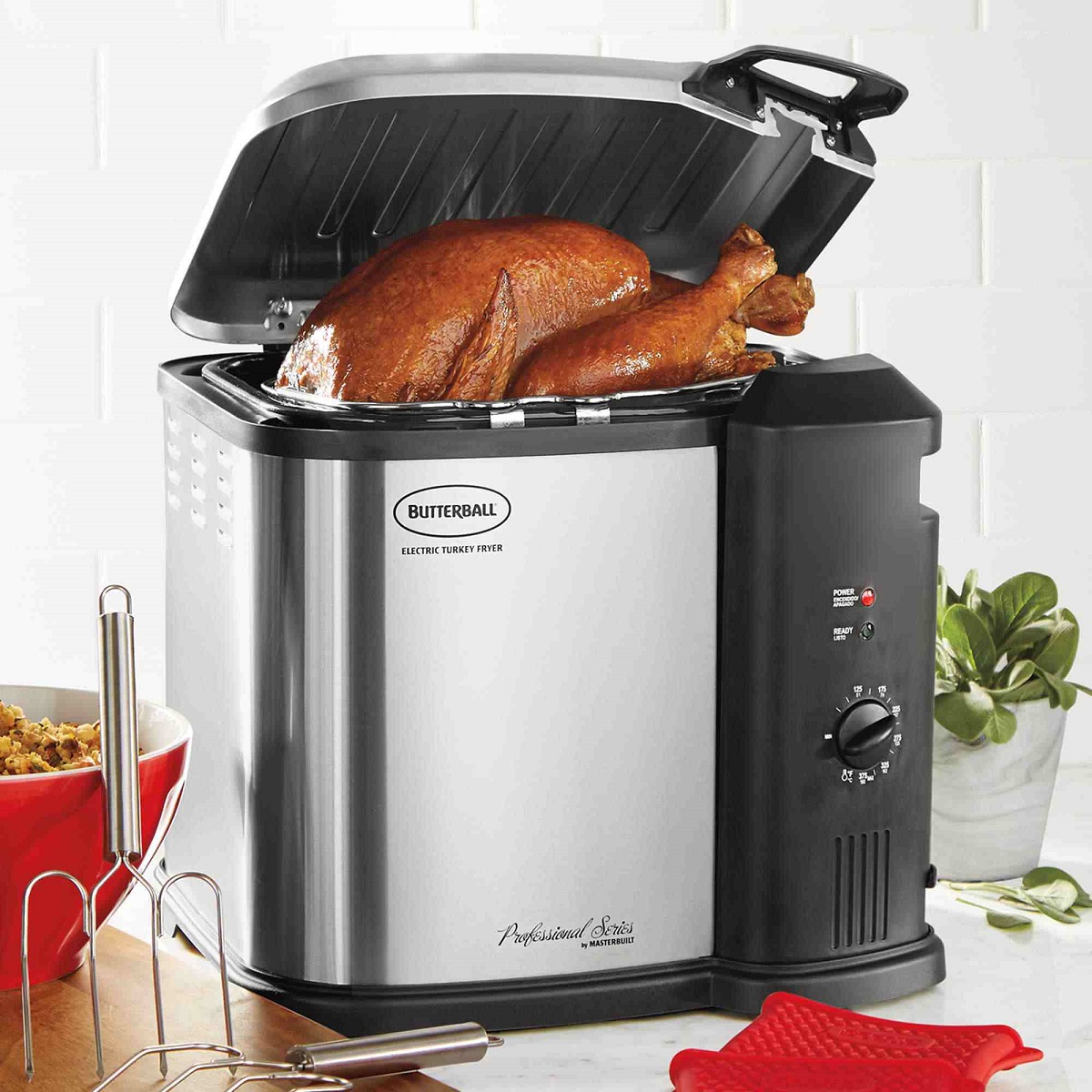
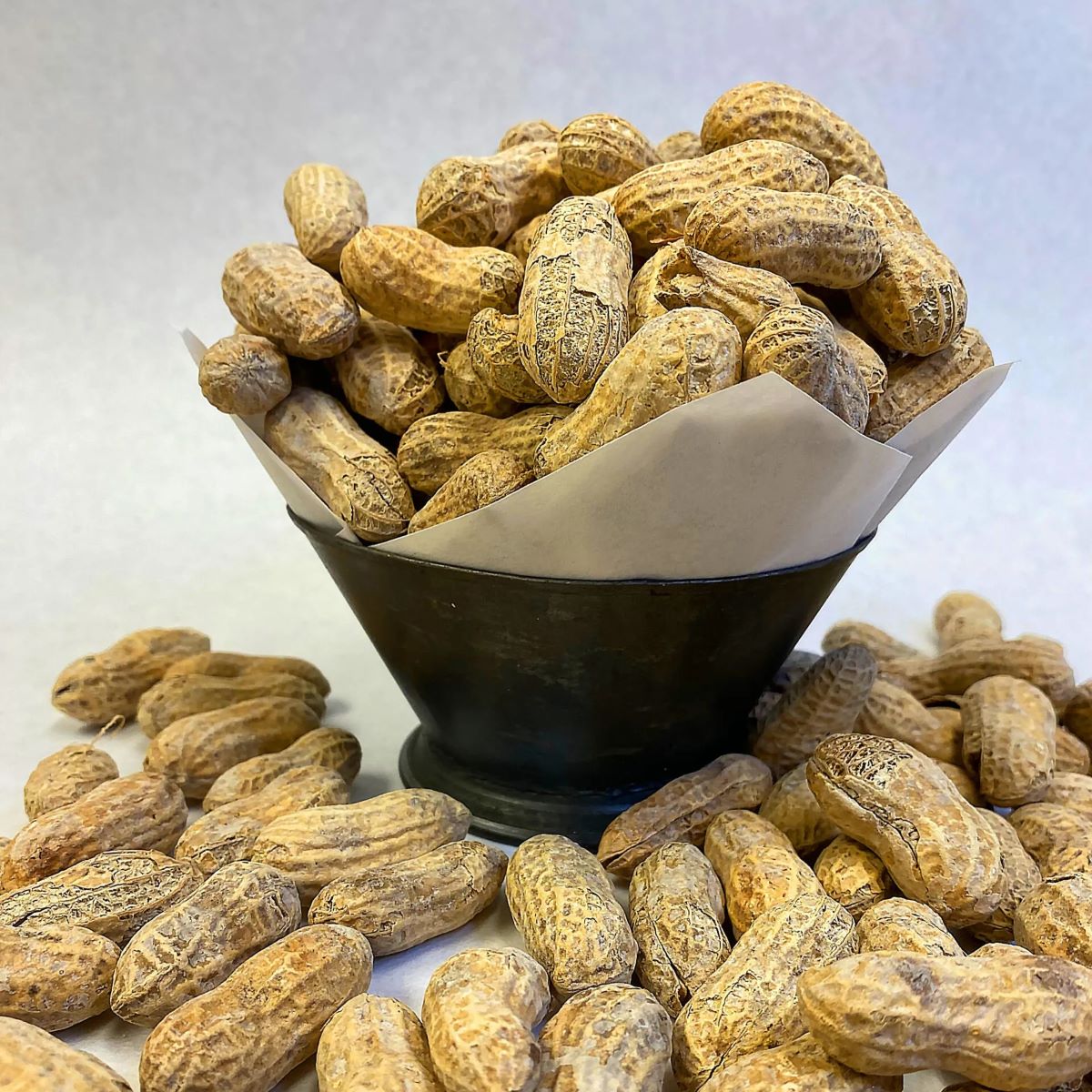
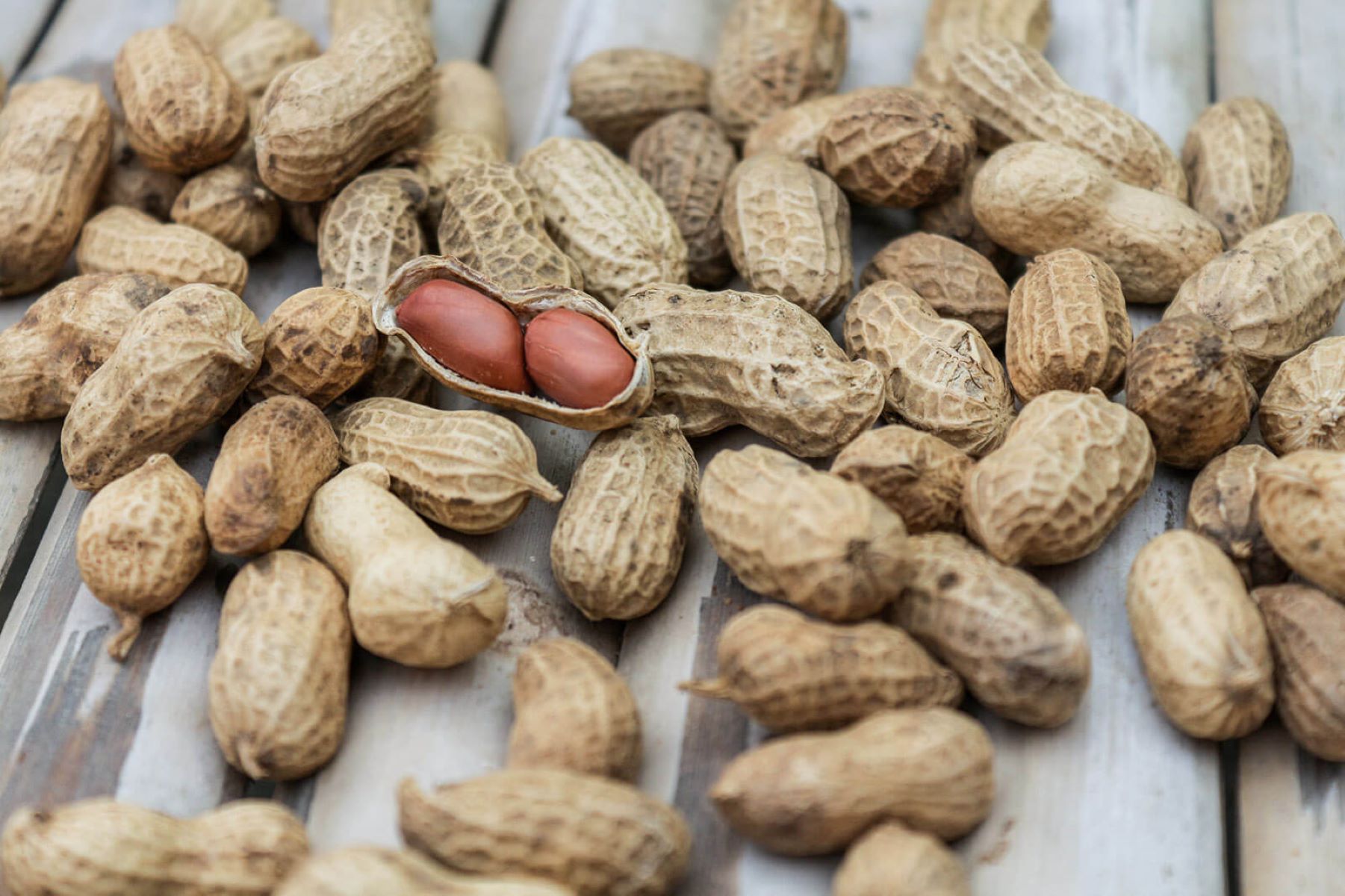
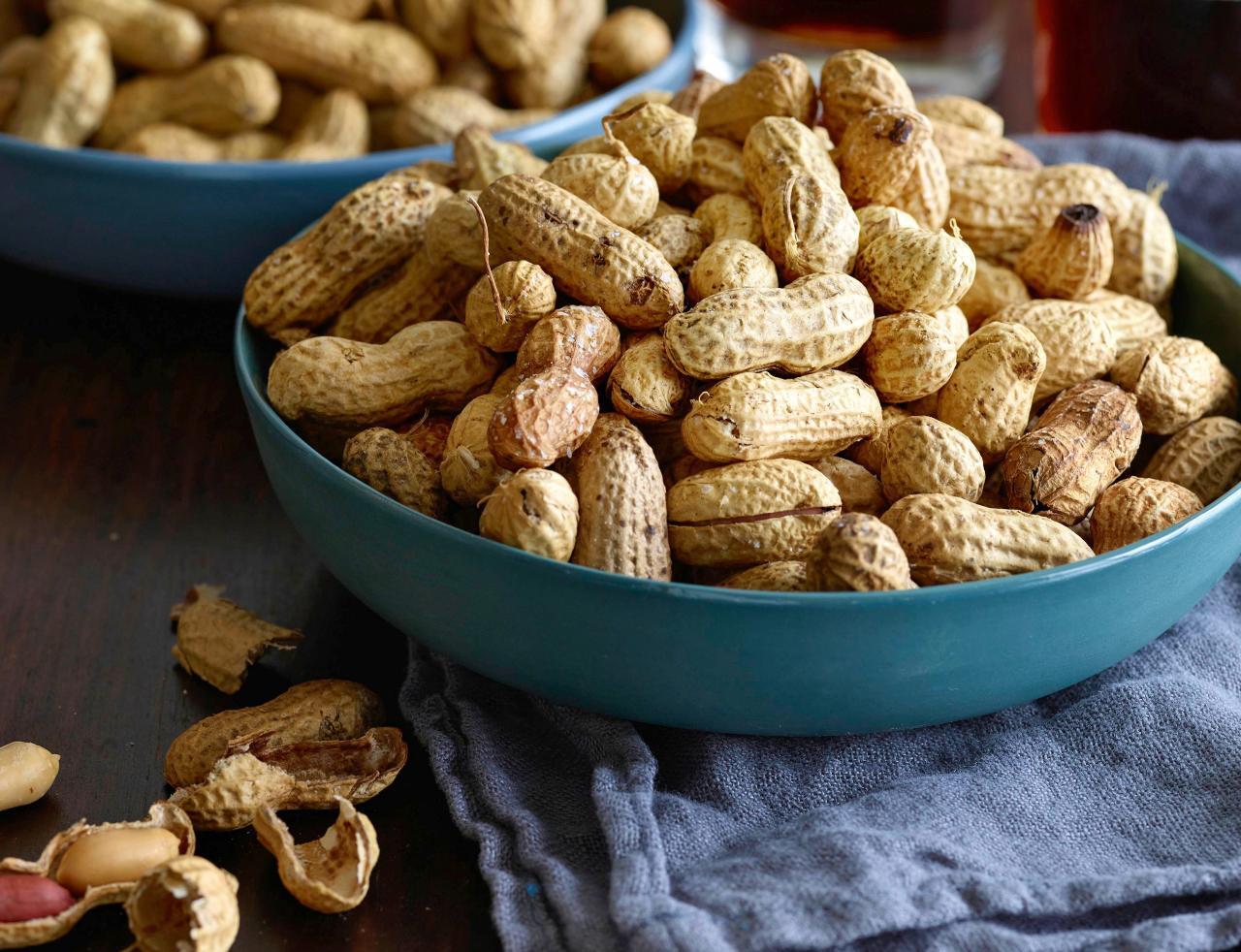

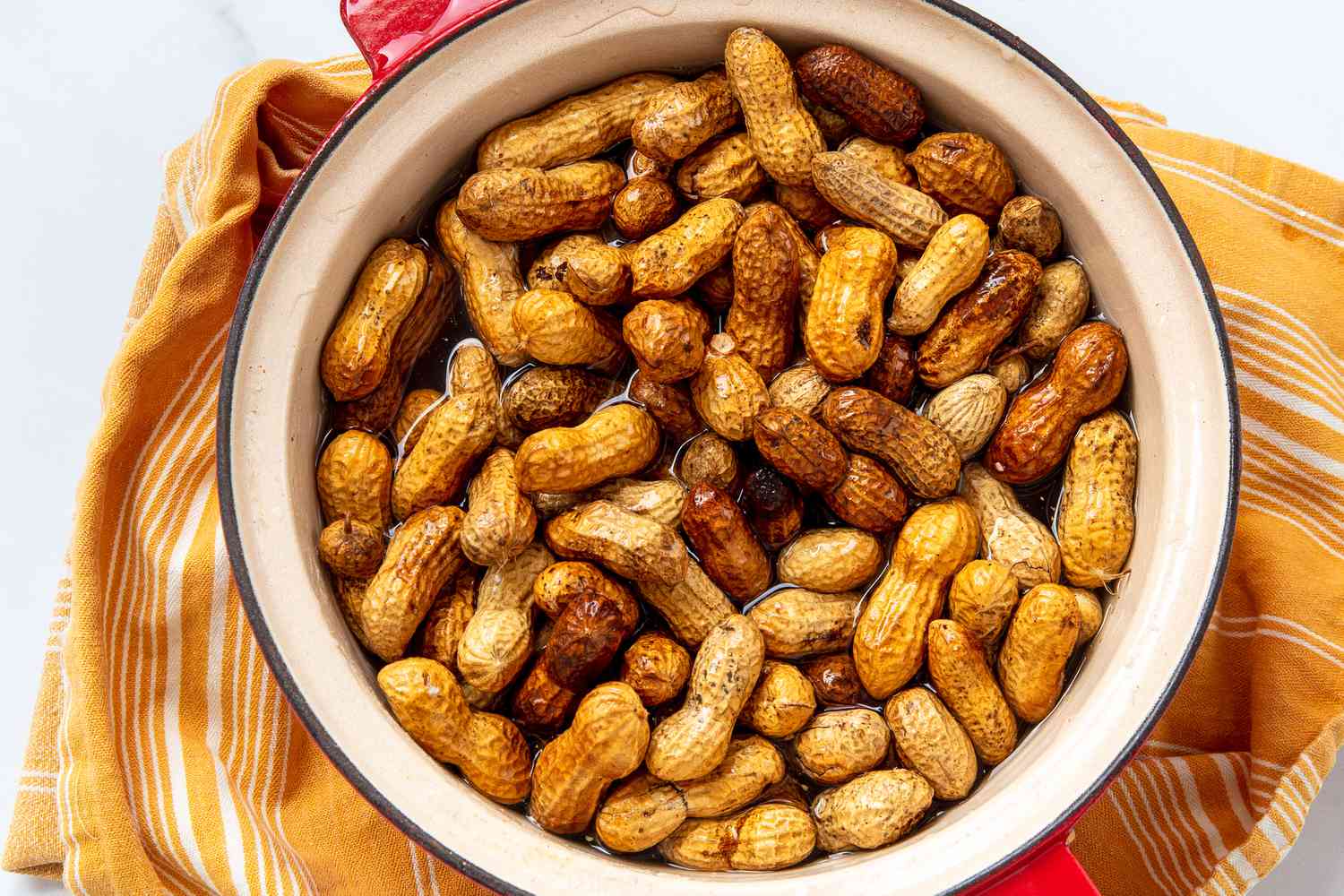
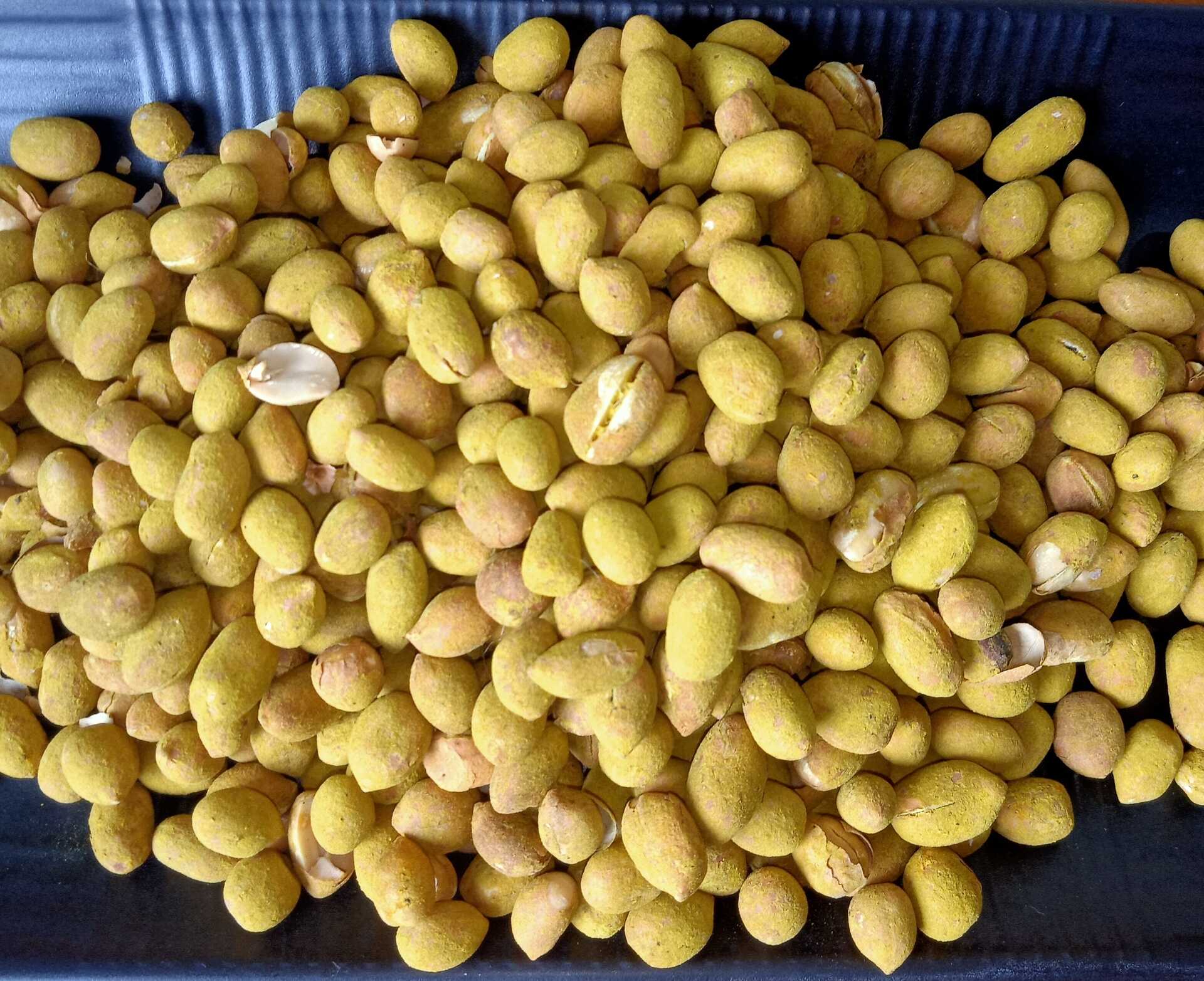
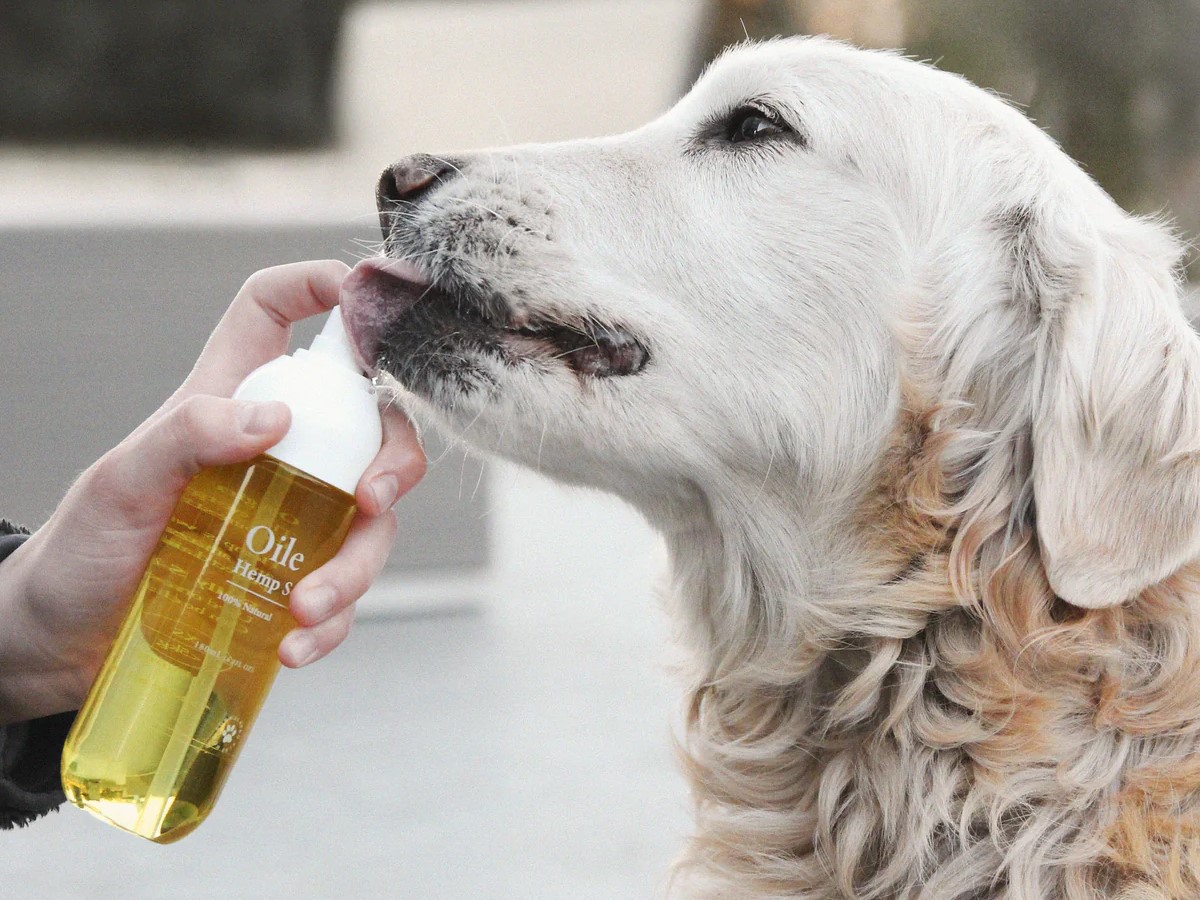
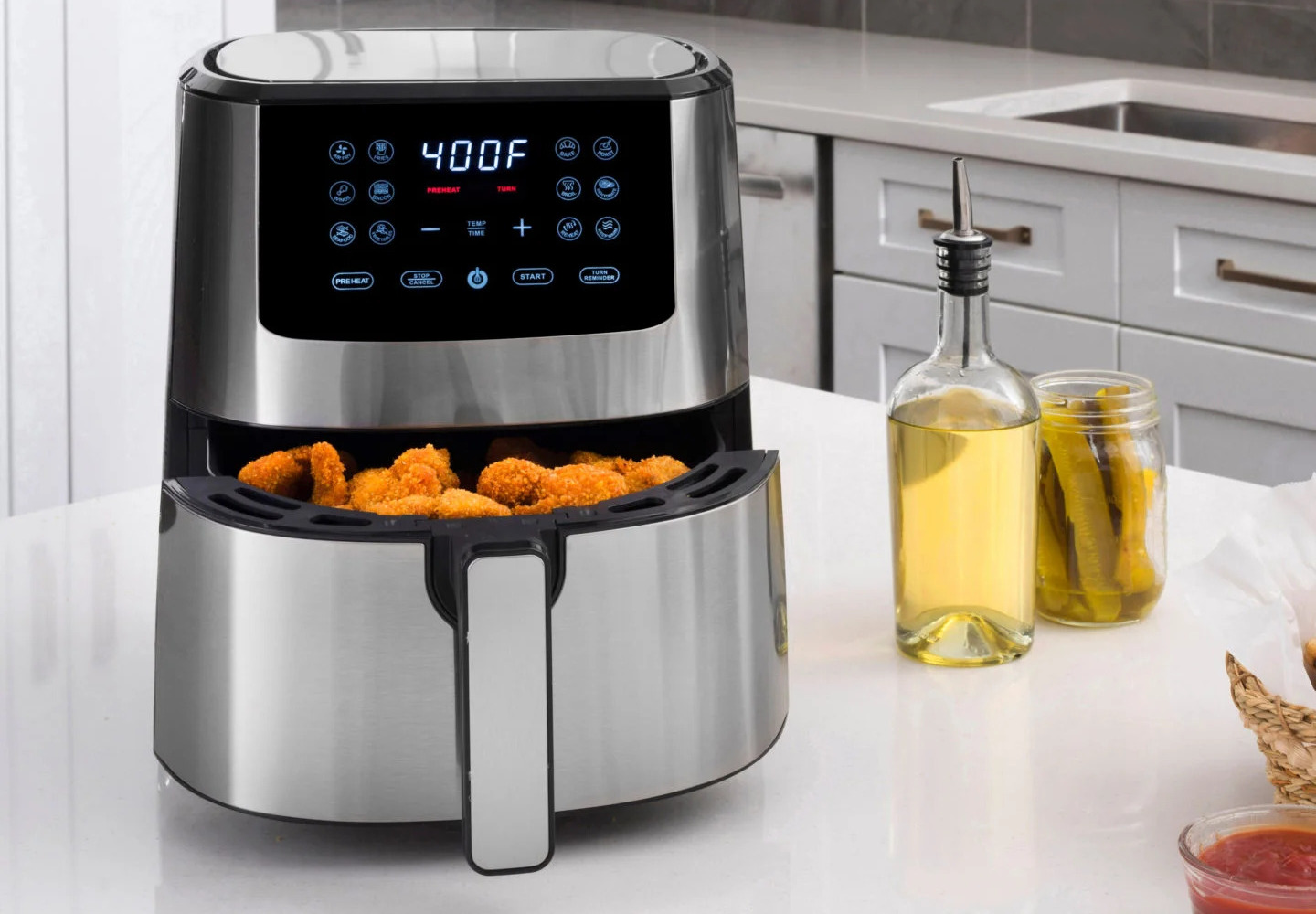
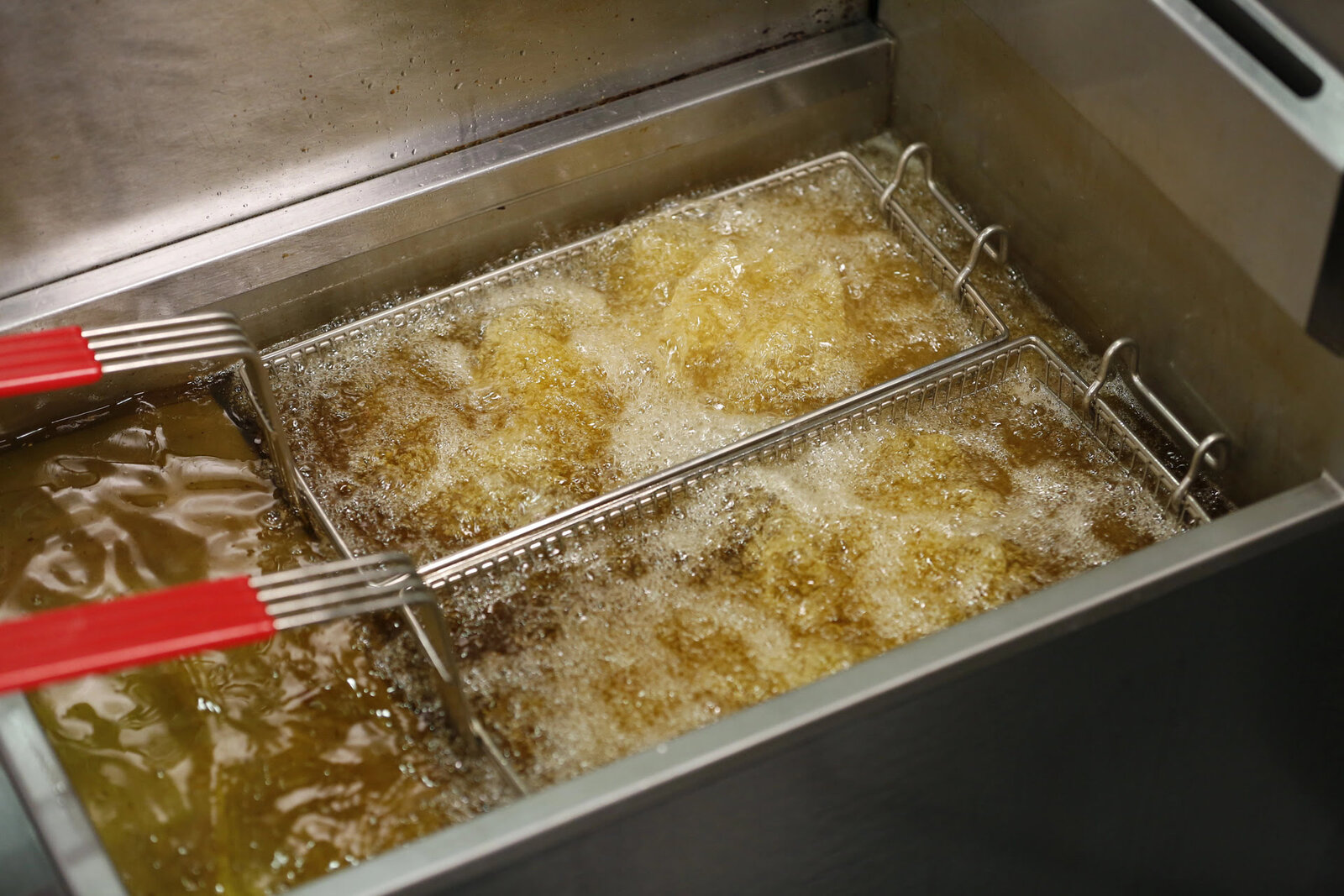

0 thoughts on “How Much Peanut Oil For Turkey Fryer”